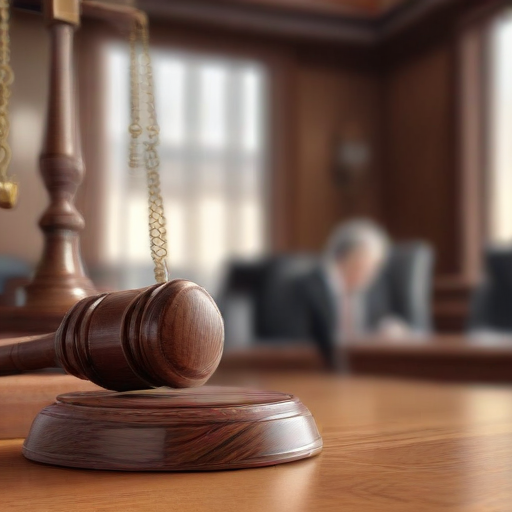A federal appeals court has upheld a law that may lead to the banning of TikTok in the United States by mid-next month, placing the future of this highly popular social media platform at stake. The decision comes as a result of national security concerns raised by the Justice Department regarding the Chinese-owned app. In a unanimous 3-0 vote, a panel of judges from the U.S. Court of Appeals in Washington D.C. affirmed that the law remains valid and TikTok could face a ban next year.
Judge Douglas Ginsburg, in the majority opinion, stated, “We conclude the portions of the Act the petitioners have standing to challenge, that is the provisions concerning TikTok and its related entities, survive constitutional scrutiny. We therefore deny the petitions.” He further indicated that TikTok’s millions of users would need to seek alternative means of communication should a ban be enacted.
The case is expected to move to the Supreme Court, which will determine whether to take it on or allow the appeals court’s decision to remain in place. This ruling also raises significant questions for President-elect Donald Trump, who had initially sought to ban TikTok in 2020 but later expressed opposition to the move, suggesting it could inadvertently benefit TikTok’s competitor, Meta.
A spokesperson for TikTok, Michael Hughes, commented on the ruling, emphasizing the importance of free speech: “The Supreme Court has an established historical record of protecting Americans’ right to free speech, and we expect they will do just that on this important constitutional issue. Unfortunately, the TikTok ban was conceived and pushed through based upon inaccurate, flawed and hypothetical information, resulting in outright censorship of the American people.”
The legal challenge began in May after President Biden enacted the Protecting Americans from Foreign Adversary Controlled Applications Act (PAFACA), which compels ByteDance to sell TikTok’s U.S. operations to a non-Chinese company by January 19, or face being blocked in American app stores. TikTok contended that the law unfairly targets it due to its content, potentially infringing upon First Amendment rights. Additionally, a group of TikTok creators joined the lawsuit, asserting that the ban would violate their free speech rights and affect over 170 million American users.
In light of this ongoing legal battle, it is essential to remember the larger implications for digital platforms and free expression. While the future of TikTok hangs in the balance, this case could set significant precedents for how technology companies operate in the U.S. and how individuals express themselves online. There remains hope that the Supreme Court may protect these rights and provide clarity on the matter, potentially preserving TikTok as a forum for creativity and connection in the lives of millions.
